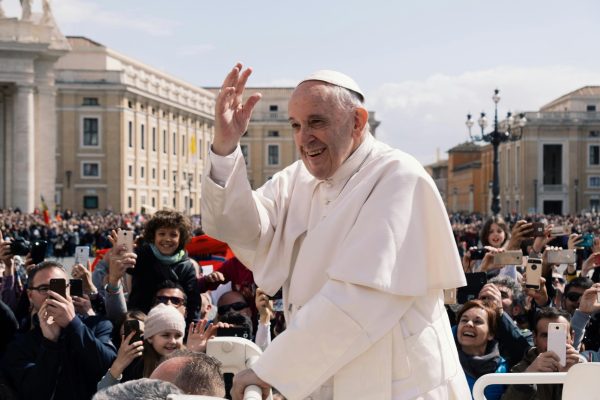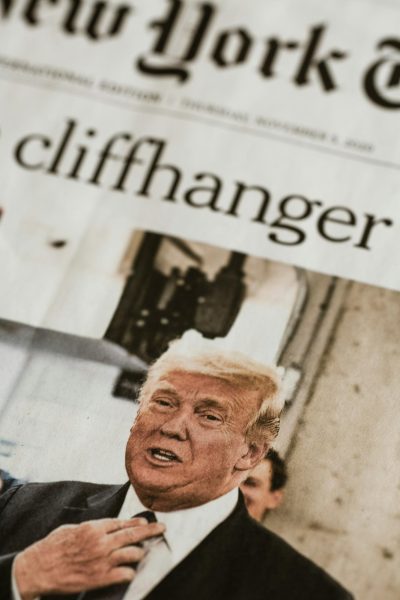World Outside Wilmington: Germany’s mass intake of refugees and sudden influx of terror
Amongst the West, Germany has accepted virtually the most refugees and has also seen its citizenship terrorized by the same asylum seekers who gained permitted entrance. Within a mere week, Germany witnessed several terrorist outbreaks against its people, resulting in brutal, rampant killings and butchery. Immigrants, recently disclosed into the country from Syria and Germany, were reported to have committed three out of four of the attacks.
Before delving any further into the discussion, this is a disclaimer that I do not by any means follow the rhetoric of a conservative idea of national security, nor do I commend the actions of shutting down borders or turning a blind eye to situations like the Syrian refugee crisis. I do, however, recognize that a democratic society has a spectrum of beliefs, and no matter how far-fetched some beliefs may be from my individual ideals, one cannot truly analyze a situation without stepping outside his or her own moral compass’s boundaries. Thus, I believe questioning the efficiency and probable correlation between the mass intake of refugees and influx of terror attacks is vital.
For terror to be so common in Middle Eastern and North African countries, atrocities like the recent ones in Europe are almost swept under the rug by Western media outlets if they are not threatening to the West. Whether this is ethical or not, the globe only seems to react to these horrible events when they take place in areas like Paris, Brussels, Munich, etc. An attack on a secured, wealthy nation is almost blasphemy and leaves people with a million questions running through their heads.
Were the attacks all but certain? Was this inevitable? If it was homegrown, was the country responsible for structuring the environment? Are they held accountable for a lack of screening or border control?
As a peer to America, Germany has proven itself to be considerably stable and well capable of maintaining their hierarchy. The country is now generally known for their liberal ideology as their strict guns laws and open borders are marked as a societal staple piece. Reactions to incoming refugees, however, have not been as systematically liberal.
Opposite to America’s conservative actions towards refugees, many of Germany’s people believe immigrants do more to better the country than burden it. This is most likely why they are adamant about opening their doors and embracing a “melting pot” society. Germany has painted itself as a state so willing to create asylum and harbor immigration that it is almost shocking to see the backlashing repercussions of terror.
The consecutive terrorist attacks are overwhelming, and when questioning if anything could have been prevented, I find myself curious about the safety of Germany’s vetting process of refugees. Reports have said that some of the terrorists involved in these attacks were previously denied entrance into the country the previous year. However, they were allotted access the following year. If the country cannot seem to institute a continuous safety process while remaining vigilant of those allotted entrance, how can the people be scorned when questioning their government?
Despite Germany’s densely liberal population, since the recent attacks, Germany’s more conservative citizens took to social media outlets to vocalize their criticism towards the nation’s leftist policies. Remarking the homegrown, Iranian-German terrorist, people questioned the legitimacy of strict gun control, and some even referred to the iconic rhetoric of, “If the other side had firearms as well, it would have been a different story.”
The government’s stance, however, is quite opposite of the criticism and has remained eager in its commitment to the admittance of refugees. For its commitment, I commend them, but as for their dismissal of correlation with terrorist attacks or lack of self-reflection, I am rather disappointed.
One must be able to maintain an open mind with good faith in humanity, but also be able to go against their personal beliefs and question the logistics of events. Germany has not shown hesitance to the admitting of refugees, and they have not seemed to struggle financially incorporating them into their way of life. Although well functioning and thriving, I believe Germany will need to decide on a form of action if it wants to continue its current ways. The argument of inevitability will only last for so long.










